The UK's growing adult literacy problem
Global report shows Britain's decline in reading skills as we choose scrolling and streaming over turning the pages of a book
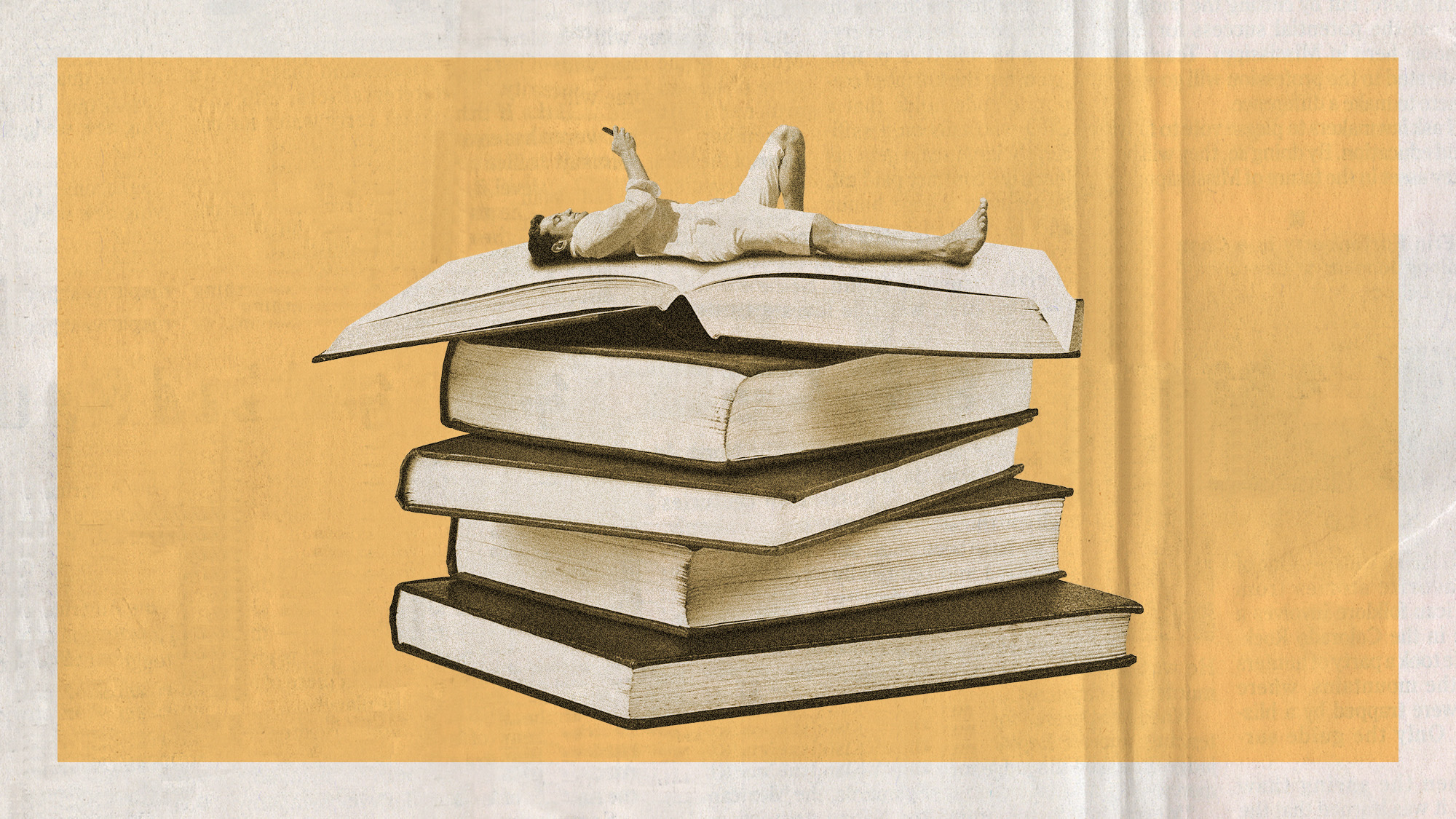
A free daily email with the biggest news stories of the day – and the best features from TheWeek.com
You are now subscribed
Your newsletter sign-up was successful
One in five Britons aged between 16 and 65 can only read at or below the level expected of a 10-year-old, according to a major new study of literacy rates across the developed world.
The Organisation for Economic Co-operation and Development (OECD) has been assessing adult literacy and numeracy levels in over 30 countries for the past 20 years. And its latest Survey of Adult Skills report, released last week, makes for "extremely uncomfortable reading", said Robert Glick, chair of the UK's Adult Literacy Trust, writing in The Big Issue.
'Painfully stagnant' literacy skills
Millions of British adults "struggle with basic literacy", said Glick, and this costs the economy an estimated £40 billion per year. And it's not a new situation. Despite "estimable efforts" by organisations and volunteers, literacy skills in the UK have "remained painfully stagnant" since 2018.
The Week
Escape your echo chamber. Get the facts behind the news, plus analysis from multiple perspectives.

Sign up for The Week's Free Newsletters
From our morning news briefing to a weekly Good News Newsletter, get the best of The Week delivered directly to your inbox.
From our morning news briefing to a weekly Good News Newsletter, get the best of The Week delivered directly to your inbox.
Another report, from the The Reading Agency charity in July, found that the number of UK adults who never read regularly for pleasure had increased by 88% in the past decade, from 8% to 15% of those surveyed. Those who described themselves as "regularly" reading for pleasure had fallen from 58% to 50%, while 35% now described their reading activity as "lapsed".
This year's "What Kids Are Reading Report", a survey of 1.2 million school students across the UK and Ireland, revealed that children are also "reading fewer books for pleasure", said The Bookseller. The study found a 4.4% decrease in the number of books read by children year on year. This was the first time since 2008 – apart from the first year of the Covid-19 pandemic – that a fall had been recorded.
Scrolling, not reading
Countries with falling literacy scores "outnumber those making significant progress", said The Economist. That's despite more people in those countries finishing secondary school and getting degrees. One explanation, said the magazine, could be "increased migration", with non-native speakers naturally tending to score lower on literacy tests that involve "juggling words".
But if adults are getting less adept at coping with complex texts, "I put the blame squarely on technology", said Helen Coffey in The Independent. The "insignificant strips of dead time" that were once filled by "whipping out a fantasy novel or juicy biography" are now "firmly in the custody" of Netflix, WhatsApp and social media. Mornings spent "reading over a bowl of cereal" are now spent "scrolling in bed", and "quiet evenings spent rifling pages" have "given way to binge-watching streaming services" where "there's always something on telly".
A free daily email with the biggest news stories of the day – and the best features from TheWeek.com
Reversing the decline means making literacy programmes "more accessible and relevant", through a "robust, well-funded and well-promoted adult-education programme", wrote Glick. This would require significant government investment, of course, but the OECD report shows in "glaring terms" that the "time to act is now".
Chas Newkey-Burden has been part of The Week Digital team for more than a decade and a journalist for 25 years, starting out on the irreverent football weekly 90 Minutes, before moving to lifestyle magazines Loaded and Attitude. He was a columnist for The Big Issue and landed a world exclusive with David Beckham that became the weekly magazine’s bestselling issue. He now writes regularly for The Guardian, The Telegraph, The Independent, Metro, FourFourTwo and the i new site. He is also the author of a number of non-fiction books.
-
 What is the endgame in the DHS shutdown?
What is the endgame in the DHS shutdown?Today’s Big Question Democrats want to rein in ICE’s immigration crackdown
-
 ‘Poor time management isn’t just an inconvenience’
‘Poor time management isn’t just an inconvenience’Instant Opinion Opinion, comment and editorials of the day
-
 Bad Bunny’s Super Bowl: A win for unity
Bad Bunny’s Super Bowl: A win for unityFeature The global superstar's halftime show was a celebration for everyone to enjoy
-
 February TV brings the debut of an adult animated series, the latest batch of ‘Bridgerton’ and the return of an aughts sitcom
February TV brings the debut of an adult animated series, the latest batch of ‘Bridgerton’ and the return of an aughts sitcomthe week recommends An animated lawyers show, a post-apocalyptic family reunion and a revival of a hospital comedy classic
-
 The 8 best hospital dramas of all time
The 8 best hospital dramas of all timethe week recommends From wartime period pieces to of-the-moment procedurals, audiences never tire of watching doctors and nurses do their lifesaving thing
-
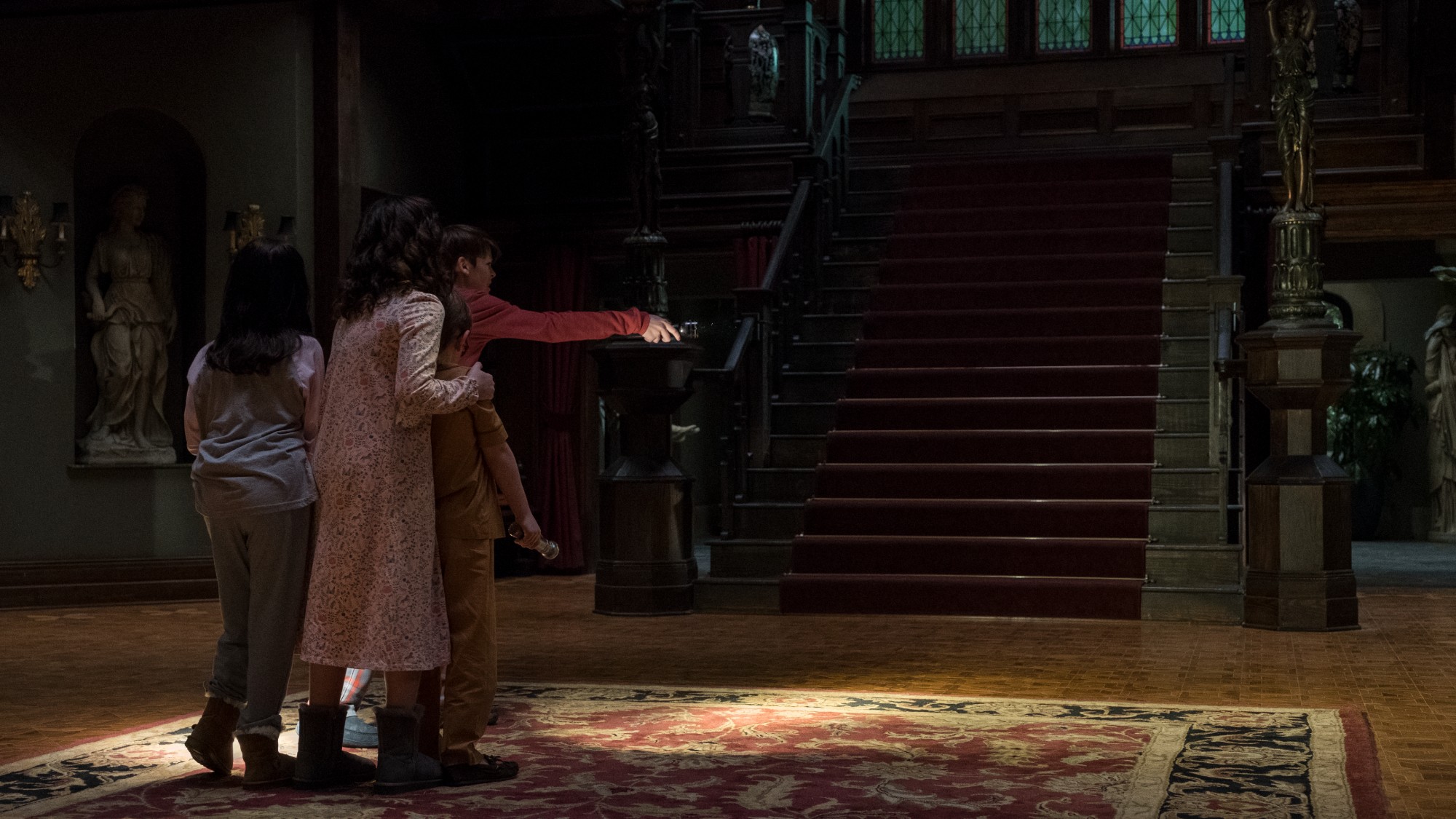 The 8 best horror series of all time
The 8 best horror series of all timethe week recommends Lost voyages, haunted houses and the best scares in television history
-
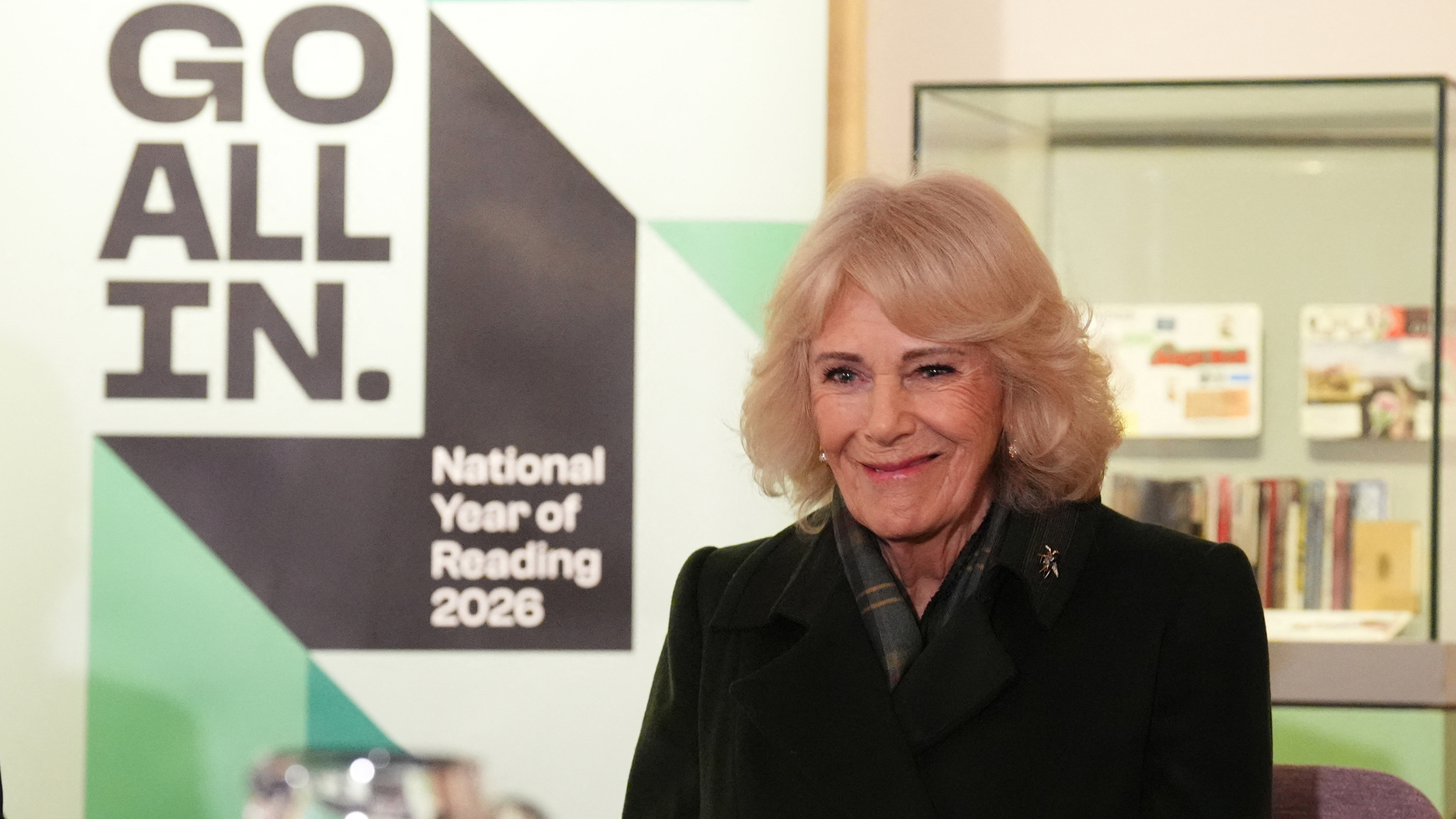 Do audiobooks count as reading?
Do audiobooks count as reading?Talking Point Queen Camilla insists listening is legitimate but a snobbery remains that’s hard to shift
-
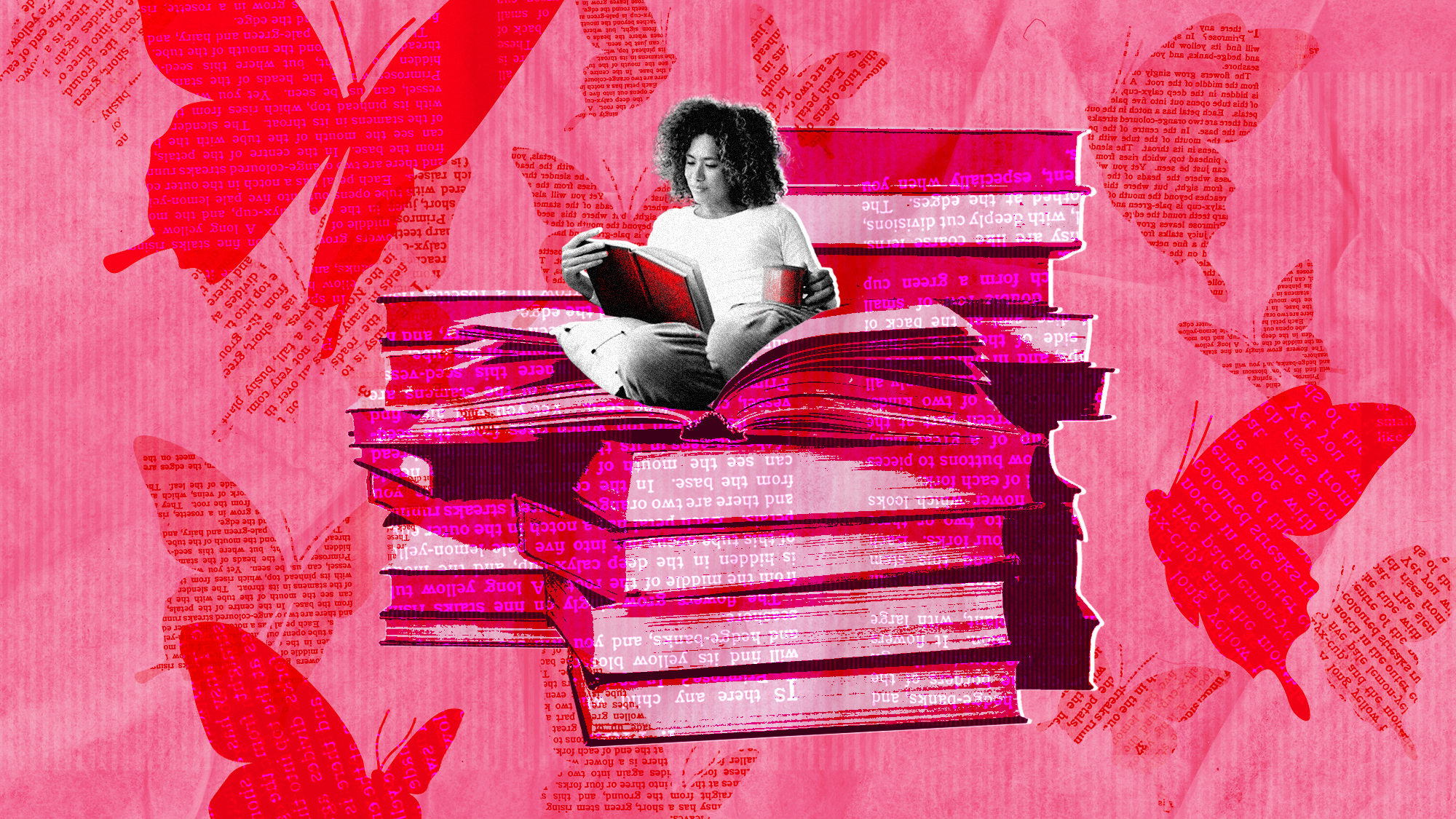 How to rekindle a reading habit
How to rekindle a reading habitThe Week Recommends Fall in love with reading again, or start a brand new relationship with it
-
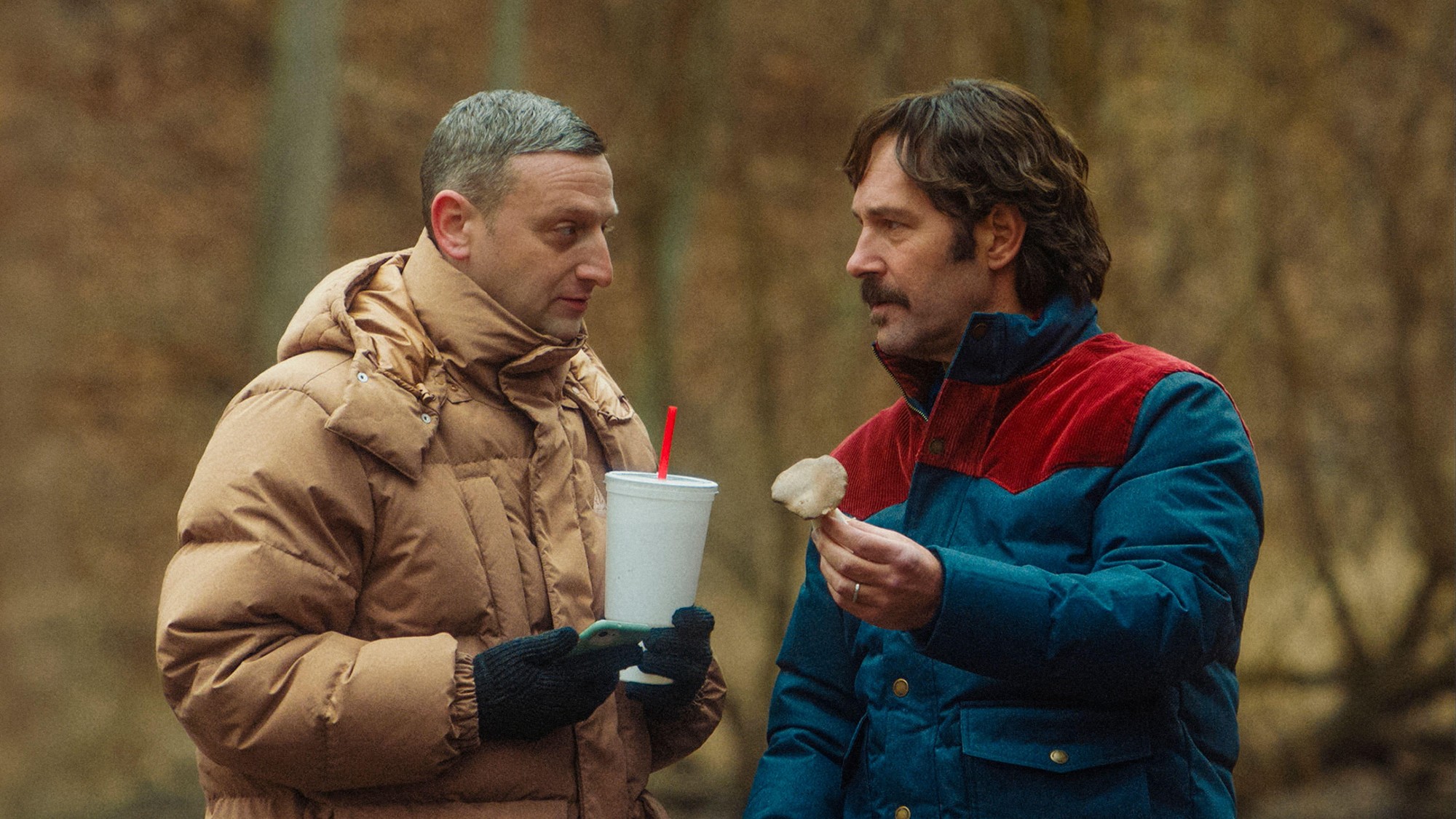 The 8 best comedy movies of 2025
The 8 best comedy movies of 2025the week recommends Filmmakers find laughs in both familiar set-ups and hopeless places
-
 The best drama TV series of 2025
The best drama TV series of 2025the week recommends From the horrors of death to the hive-mind apocalypse, TV is far from out of great ideas
-
 The 8 best drama movies of 2025
The 8 best drama movies of 2025the week recommends Nuclear war, dictatorship and the summer of 2020 highlight the most important and memorable films of 2025